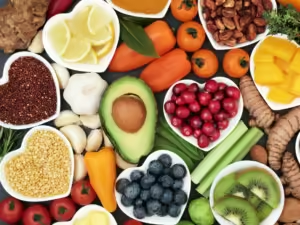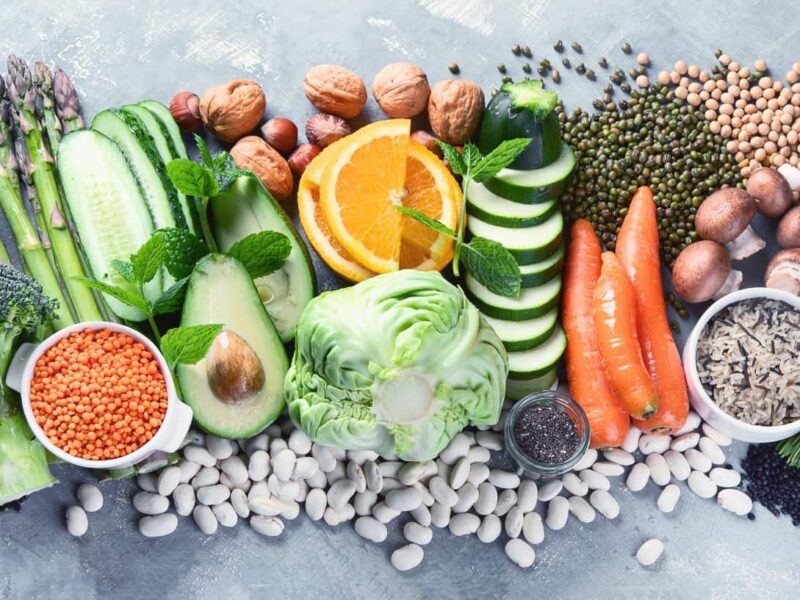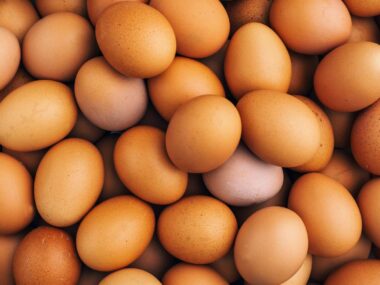Plant-based nutrition provides a wealth of benefits for vegetarian and vegan athletes, offering ample protein, essential nutrients, and antioxidants while promoting overall health and sustainability. Whether you’re a seasoned athlete or a recreational fitness enthusiast, optimizing your plant-based diet can enhance performance, support recovery, and fuel your active lifestyle. Here’s a comprehensive guide to plant-based nutrition tips tailored specifically for vegetarian and vegan athletes:

1. Prioritize Protein-Rich Foods: Protein is essential for muscle repair, growth, and recovery, making it a cornerstone of any athlete’s diet. While animal products are traditional protein sources, plant-based athletes can obtain ample protein from a variety of plant foods. Incorporate protein-rich options such as legumes (beans, lentils, chickpeas), tofu, tempeh, edamame, seitan, quinoa, nuts, seeds, and soy-based products into your meals and snacks to meet your protein needs.
2. Optimize Amino Acid Profiles: Amino acids are the building blocks of protein, and while some plant foods may be lower in certain essential amino acids compared to animal products, combining different plant protein sources throughout the day can ensure a complete amino acid profile. Pairing legumes with whole grains (e.g., beans and rice), nuts with whole grains or legumes, or consuming soy-based products can enhance amino acid complementarity and maximize protein utilization.
3. Embrace Variety and Diversity: A diverse and colorful array of plant foods not only provides a spectrum of nutrients but also enhances culinary enjoyment and satisfaction. Include a wide range of fruits, vegetables, whole grains, legumes, nuts, seeds, herbs, and spices in your diet to ensure you’re receiving a broad spectrum of vitamins, minerals, antioxidants, and phytonutrients essential for overall health and athletic performance.
4. Consume Adequate Calories: Meeting energy demands is crucial for athletes, especially those engaging in intense training or competitive events. Plant-based foods tend to be lower in calorie density compared to animal products, so ensure you’re consuming enough calories to support your activity level and maintain energy balance. Focus on incorporating calorie-dense plant foods such as avocados, nuts, seeds, nut butters, dried fruits, whole grains, and legumes into your meals and snacks as needed.
5. Pay Attention to Micro-nutrients: While plant-based diets are rich in many essential vitamins and minerals, certain nutrients may require special attention for vegetarian and vegan athletes. Key nutrients to focus on include iron, calcium, vitamin B12, vitamin D, omega-3 fatty acids, zinc, and iodine. Incorporate fortified foods, such as fortified plant milks, cereals, and nutritional yeast, or consider supplementation if necessary to ensure optimal intake of these nutrients.
6. Hydrate Adequately: Proper hydration is paramount for athletic performance and overall health. While water is the primary beverage of choice, coconut water, herbal teas, and diluted fruit juices can also contribute to hydration while providing additional nutrients and flavor. Monitor your fluid intake and aim to drink fluids before, during, and after exercise to maintain hydration status and replace fluids lost through sweat.
7. Plan Meals and Snacks Strategically: To support your training and recovery needs, plan meals and snacks that are balanced in macronutrients (carbohydrates, protein, and fats) and timed appropriately around your workouts. Consuming a carbohydrate-rich meal or snack before exercise can provide readily available energy, while post-workout meals rich in protein and carbohydrates aid muscle repair and glycogen replenishment. Pack portable snacks such as trail mix, energy bars, fruit, or homemade protein balls for convenient fueling on-the-go.
8. Listen to Your Body: Everyone’s nutritional needs and preferences are unique, so pay attention to how different foods make you feel and perform. Experiment with various plant-based foods, recipes, and meal timing strategies to find what works best for your body and goals. Trust your hunger and fullness cues, and adjust your intake accordingly to maintain energy levels and support recovery.
9. Seek Professional Guidance if Needed: If you’re unsure about meeting your nutritional needs or have specific dietary concerns or restrictions, consider consulting with a registered dietitian or sports nutritionist who specializes in plant-based nutrition. They can provide personalized guidance, meal planning tips, and evidence-based recommendations to help optimize your diet for athletic performance and overall well-being.
10. Remember the Big Picture: While nutrition plays a crucial role in athletic performance, it’s just one piece of the puzzle. Adequate sleep, stress management, proper training, recovery, and consistency are equally important factors in achieving your fitness goals and maximizing athletic potential. Strive for balance and sustainability in all aspects of your lifestyle to support long-term health and athletic success.
In conclusion, plant-based nutrition offers abundant opportunities for vegetarian and vegan athletes to thrive physically, mentally, and ethically. By incorporating a diverse array of nutrient-rich plant foods, prioritizing protein, optimizing nutrient intake, and listening to your body’s cues, you can fuel your active lifestyle, enhance performance, and promote overall health and well-being on a plant-based diet.










